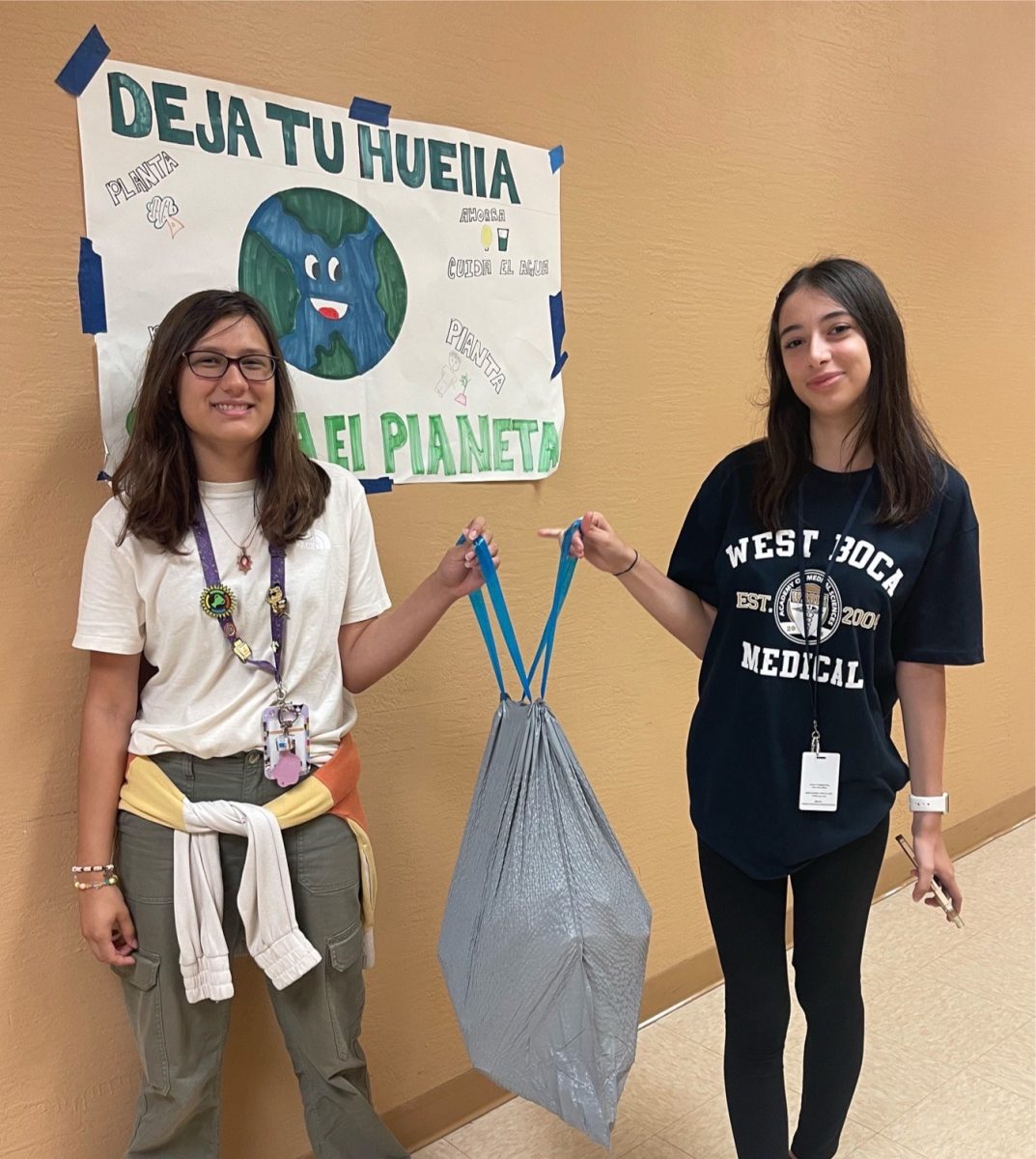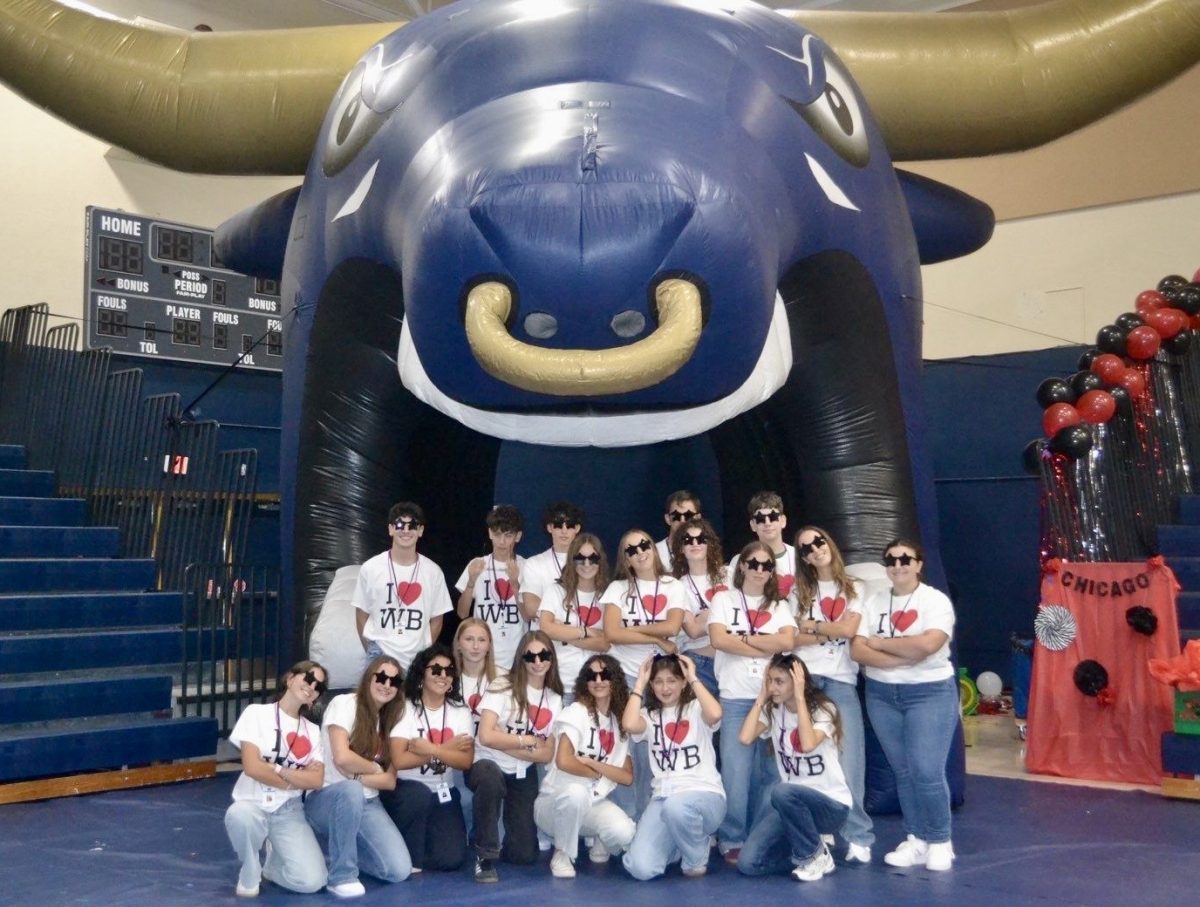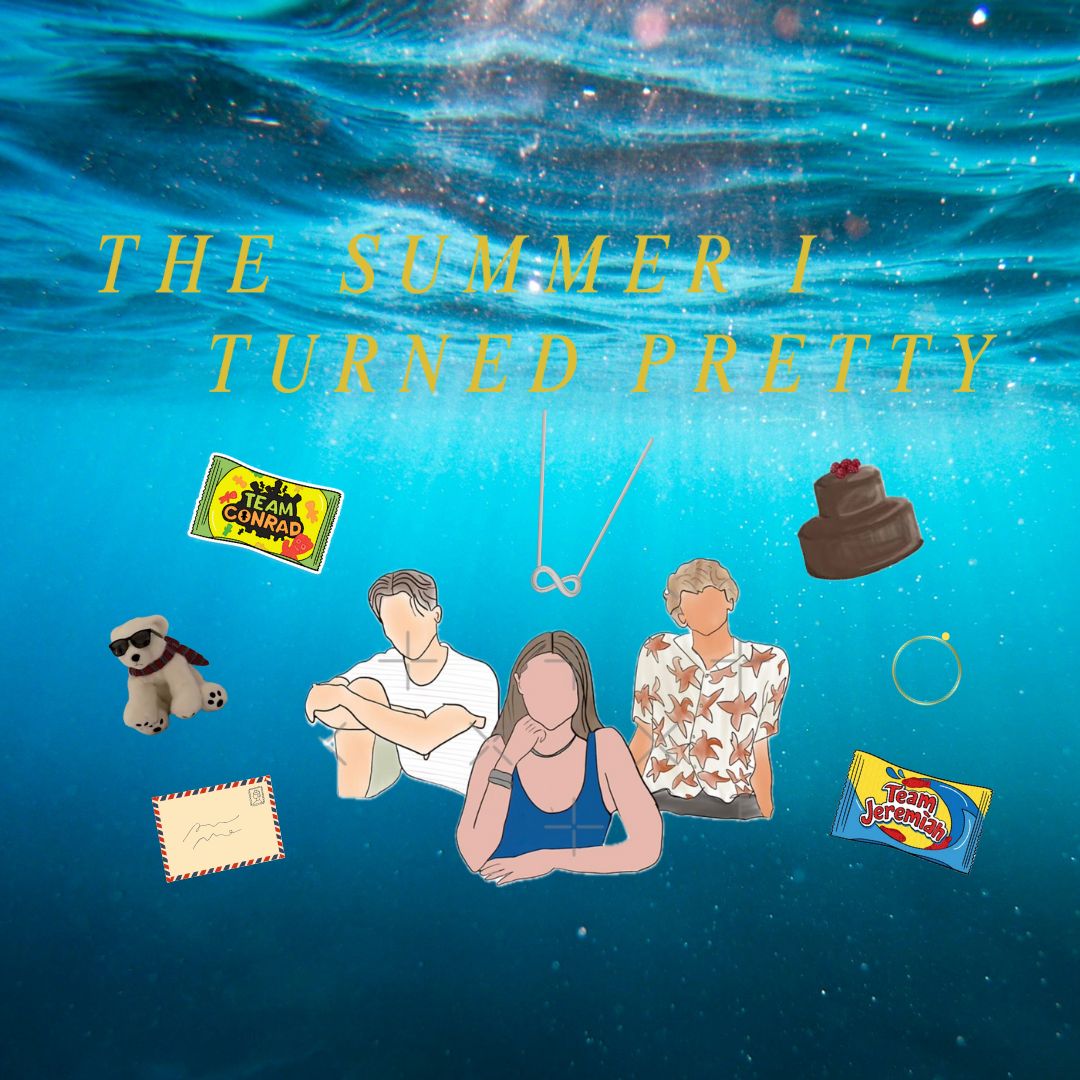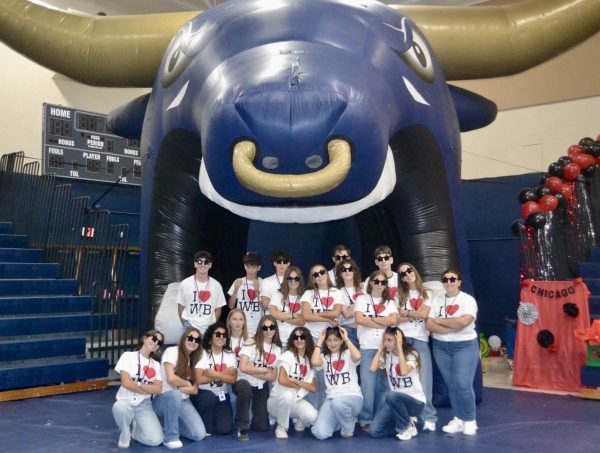H2(N)O
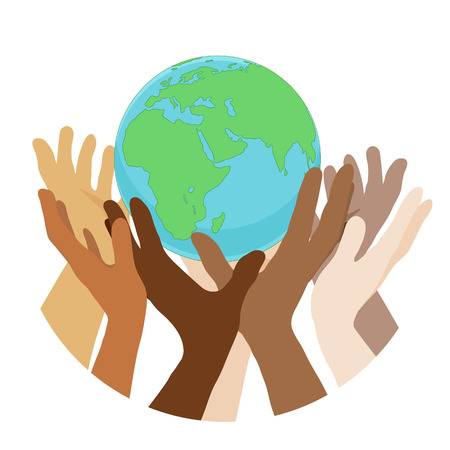
December 2, 2019
Humans around the world are all different, but one thing that everyone has in common is that they all depend on water for survival. Even though it may seem as if the Earth has plenty of water to go around, only 3% of the water on the planet can be used. On top of that, ⅔ of that water can’t be reached since it is frozen as glaciers. Humans have only been on this planet for an estimate of 200,000-300,000 years yet we have already managed to damage our most important living necessity. All of our wastewater and garbage eventually makes its way into the oceans. Try to envision all the garbage a single person gets rid of in their lifetime and multiply it by 7 billion people. Our waters are contaminated to such an extent that there are garbage patches twice the size of Texas located in the Pacific Ocean. Forget wars and diseases, without water, survival is near impossible.
Any time a plastic bottle or trash bag gets thrown into the ocean it is one more step toward destroying our oceans. Mr. Edelman, the AP Environmental and Biology teacher at West Boca supports this view. He believes that “if we continue on this path there will be water shortages and we will have to ration our water unless we find ways to make use of other water sources.” In the United States, states such as New Mexico and Arizona are currently suffering from water shortages due to global warming and droughts. In the meantime, the majority of society let their time in the shower waste away while countries such as Jordan and Yemen have to fight daily to receive a few minutes of warm water. The water crisis is so chaotic in Jordan that they have built their own water source; nevertheless, more action is needed in order to rehabilitate our planet
Here at West Boca, there are programs that are creating initiatives in order to prevent the waters from becoming any more contaminated. One of these programs called Saving the Oceans is run by a sophomore Kaitlyn Berg. During an interview, Kaitlyn implied that “people don’t really notice how the water crisis affects us daily, but once years pass it will start to demolish our Earth.” In the United States, people don’t see the effects of water pollution, unlike countries that lack certain necessities. People aren’t experiencing any water shortages or poisoning which gives citizens an excuse to hide behind the mask that the waters are clean and are not in need of special care. Those who understand the circumstances in which the Earth is in, gather as communities and perform service events to help stop the water crisis and restore our Earth.

